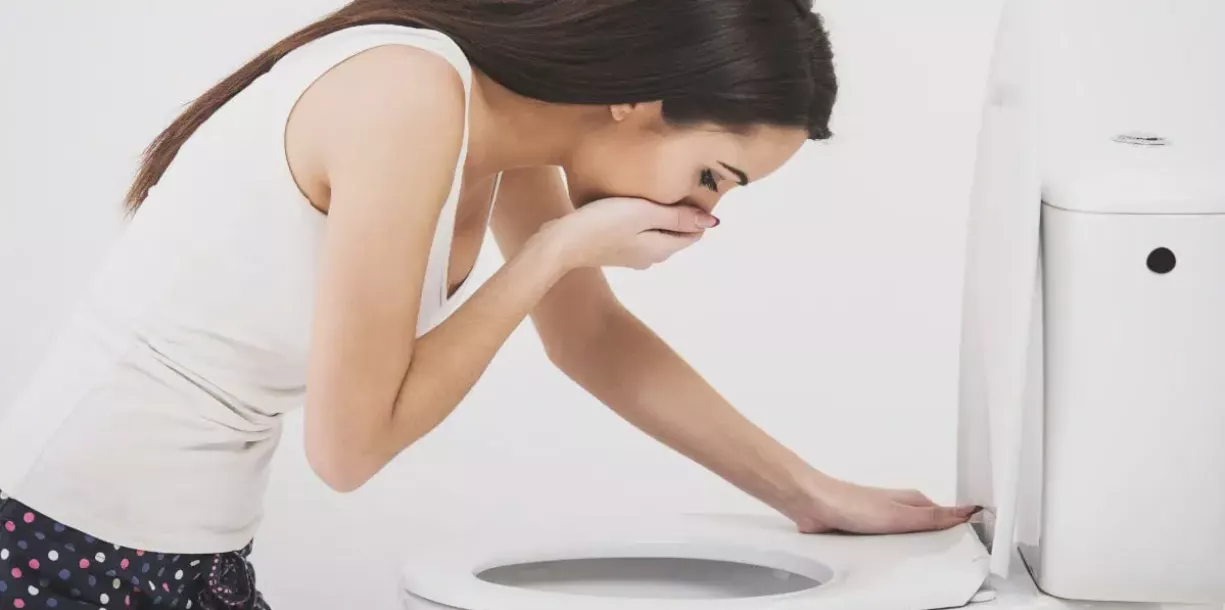Menstrual hygiene, an important part of women's health, includes the practices and information required to manage menstruation in a safe, pleasant, and dignified manner. Menstrual hygiene remains a concern for many women in India, where cultural taboos and misconceptions persist. Many women visit a Gynaecology Hospital in Hebbal Bangalore to seek guidance on menstrual health and related concerns.
Understanding Menstrual Health
In the absence of fertilisation, the menstrual cycle, a normal process in women's reproductive systems, involves the shedding of the uterine lining (endometrium). This process is driven by a complicated interaction of hormones, chiefly oestrogen, and progesterone, and occurs every 28 days on an average, with menstruation lasting 3 to 7 days. Variations in cycle length and bleeding patterns, on the other hand, are typical and may be influenced by factors such as age, stress, and certain medical conditions. Consulting Gynaecologists in Hebbal Bangalore can help address any irregularities and provide personalised care.
Phases of the Menstrual Cycle
- Menstruation: Menstruation is the shedding of the endometrium that causes menstrual bleeding.
- Follicular Phase: The growth and development of follicles in the ovary that leads to the release of an egg.
- Ovulation: Ovulation is the release of an egg from the ovary, which allows for fertilisation.
- Luteal Phase: In the event of fertilisation, the luteal phase is the preparation of the uterine lining for implantation.
Common Menstrual Disorders
While monthly abnormalities are frequent, the following illnesses can have an impact on women's health and well-being:
- Dysmenorrhea: Painful menstruation that is frequently accompanied by cramps, lower back discomfort, and nausea.
- Menorrhagia: Excessive menstrual bleeding that lasts longer than 7 days and causes discomfort or anaemia.
- Amenorrhea: Amenorrhea is the lack of menstruation for three or more cycles in a row.
- Menstrual patterns can be affected by hormonal changes throughout a woman's life, such as during puberty, pregnancy, and menopause. Understanding these changes and, if necessary, obtaining medical help is critical for maintaining optimal menstrual health.
Menstrual Hygiene Practices
Menstrual hygiene is critical for preventing infections, supporting general health, and ensuring a comfortable menstrual experience. Maintaining hygiene during menstruation aids in the prevention of infections of the reproductive tract, such as vaginal and urinary tract infections.
Recommended Hygiene Products
There are numerous menstrual hygiene products available, each with its own set of benefits and drawbacks:
- Sanitary pads are inexpensive and commonly available, and they guard against leaks and stains.
- Tampons are inserted into the vagina to absorb menstrual fluid while offering comfort and discretion.
- Menstrual cups are reusable silicone cups that are put into the vagina to collect menstrual fluid, making them an eco-friendly and cost-effective choice.
Safe Menstrual Product Disposal Methods
Menstrual product disposal is critical for environmental hygiene and public health:
- Before disposing of spent menstruation products in a designated waste bin, wrap and seal them in a plastic bag or paper.
- Menstrual products should not be flushed down the toilet since they can clog sewage systems.
- To prevent environmental contamination, educate others on safe menstrual product disposal.
Cultural Influences on Menstrual Hygiene in India
In India, cultural taboos and misconceptions about menstruation persist, hurting women's menstrual hygiene practises and overall well-being. During menstruation, it is often not allowed for women to be involved in social and religious activities, resulting to social isolation and feelings of shame. Common myths and misconceptions link menstruation to impurity, leading to practises that are harmful to women's health. Breaking taboos and supporting positive menstrual hygiene practises need open conversations about menstruation, dispelling myths, and encouraging information.
Menstrual Health Maintenance Suggestions
- Adopt a healthy way of life: Regular exercise, a healthy diet, and enough sleep all contribute to general well-being and can improve menstruation health.
- Consider the following nutritional suggestions: Fruits, vegetables, and nutritious grains, for example, can help relieve menstruation symptoms and promote hormonal balance.
- Regular gynaecological exams are critical for women's health since they allow for the early detection of any problems.
Menstrual Hygiene Education Initiatives
Various efforts have been launched by the Indian government and non-profit organisations to promote menstrual hygiene education. Initiatives like the National Menstrual Hygiene Scheme (NMHS) give adolescent girls in rural regions access to sanitary napkins and teaching materials.
Menstrual hygiene education must be integrated into school and college curricula to reach a wider audience and normalise conversations about menstruation. Comprehensive education can assist young women in making informed decisions about menstrual hygiene.
Common Questions Related to Menstrual Hygiene
- Does menstruation hygiene influence fertility?Yes, poor menstrual hygiene can increase the risk of infections that can have an impact on fertility. Maintaining adequate hygiene practises can aid in the protection of the reproductive tract and the promotion of reproductive health.
- Are there any food restrictions during menstruation?Certain dietary adjustments can aid in the management of menstruation discomfort. Increased consumption of iron-rich foods such as spinach, beans, and lentils can aid in the prevention of anaemia, a typical side effect of heavy menstrual bleeding. Bananas, avocados, and potatoes, which are high in vitamin B6, can help relieve cramps and bloating.











